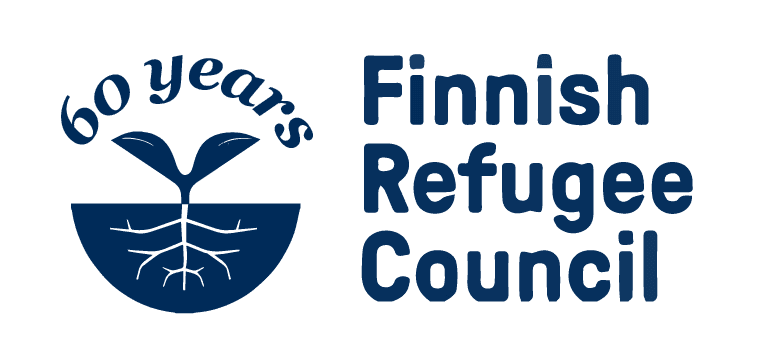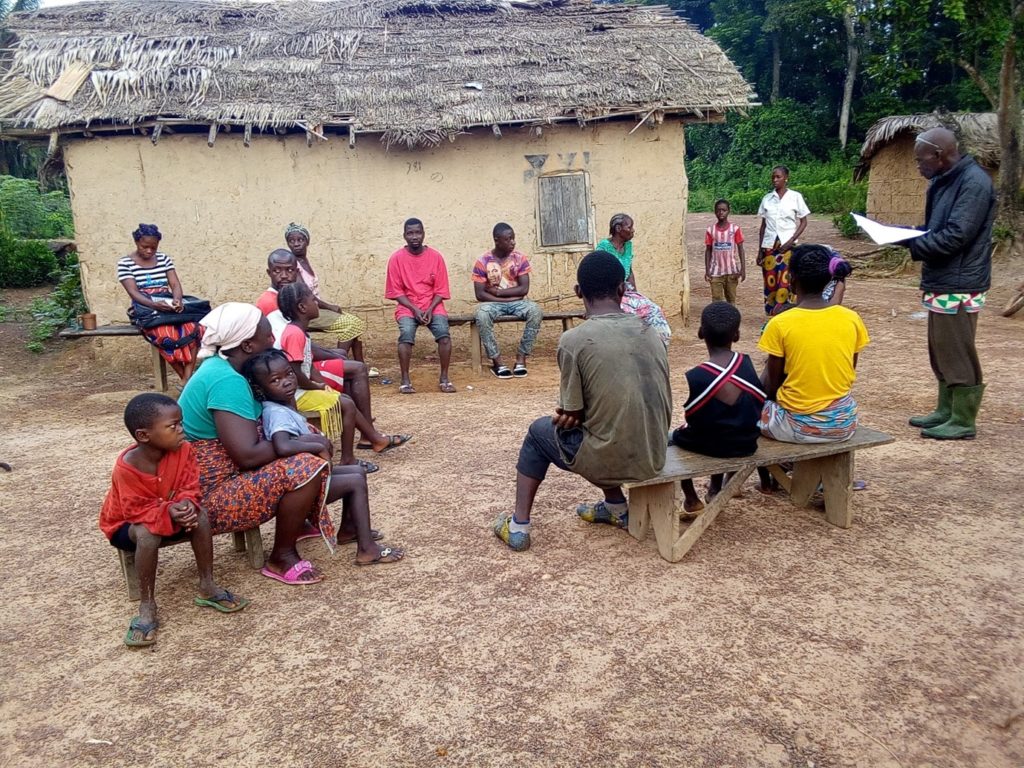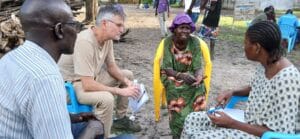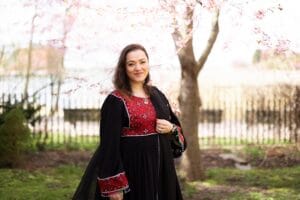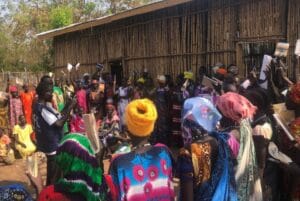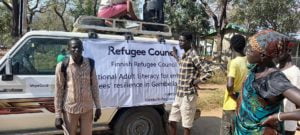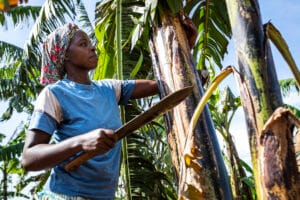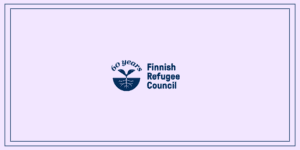The UN Social and Health Council (UNECA) estimated that the number of deaths caused by the coronavirus in Africa will be between 300,000 and 3.3 million, depending on how well the spread of the virus can be prevented.
In close cooperation with our partner National Adult Education Association of Liberia (NAEAL), we have taken preventative measures against the spread of the virus in Liberia. The project was facilitated by us and implemented by NAEAL. The work has turned out to be successful with 11 680 beneficiaries receiving hygiene education in five different municipalities. The work was done in close collaboration with the Ministry of Health and the National Public Health Institute of Liberia in order to avoid overlapping efforts of the other actors in the area. Owing to the distributed educational information and care taken in hand hygiene, the villages of all the five municipalities have not witnessed a single case of the virus to date. Liberian beneficiaries were eager to learn about COVID-19 due to their previous experiences with Ebola.
“The timing of our work was crucial to its success. People got to learn about the preventative methods before any outbreak in the communities, which lead them ahead of the pandemic.”
Joseph Yoko, NAEAL Project Manager
The material was made easy to absorb spoken by the communities’ own facilitators, which resulted in a more natural dialogue. Building trust between the facilitator and the communities had a positive impact on learning.
The amount of beneficiaries is subject to change for the better due to still unreported data from 13 communities. The current conditions in Liberia have had a severe impact on mobility, which have made some of the communities less accessible. However, the reports are in the field awaiting collection from our partner.
Despite having zero cases, the pandemic has caused long-term effects on food security and economy in a country, which had already held one of the lowest ranks in the UN’s Human Development Index prior to the coronavirus. The villages economically dependent on agriculture have suffered from the lockdown overlapping with the sowing time. The croplands are far away behind rundown roads and unaccessible due to the lockdown. Food and trading goods have become scarce, meanwhile the cross-village trade has come to a halt. Teenage pregnancies have increased due to the lack of sex education, physical studies and any other meaningful activity, which resulted from schools being closed.
The state of emergency brought some participation challenges to our beneficiaries in the most vulnerable communities suffering from food scarcity. The regular attendance to our activities varied especially in the morning, when a big part of the community was searching for food in line with the restrictions set up by the government.
Even though there have not been any cases of COVID-19, the virus has destabilised peoples’ lives in Liberia in many other ways. The situation is especially critical for the 8,200 refugees that do not have the knowledge of the English language nor financial skills.
